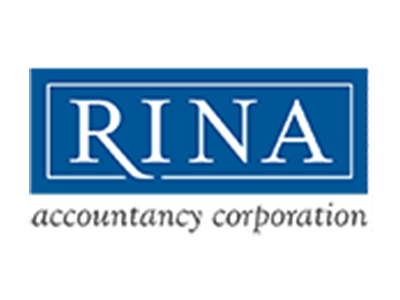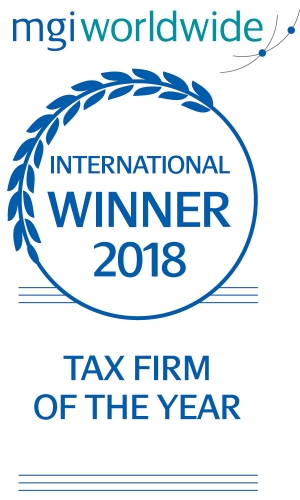Board of Directors Spotlight Part 2: Building Your Board – Creating the Most Effective Team Possible
by Howard Zangwill & Joe Brunel | RINA accountancy
Creating and building an effective board is a long process, not something a company can accomplish overnight. It takes commitment on the part of leaders of a company to make it happen. Merely selecting potential candidates for a board is only the first step in a multi-year process to create an effective board with a vision for the future.
The first board development practice is to create a board recruitment and nomination process via a special committee. Companies with less than stellar boards approach board nominations in an ad hoc manner rather than approaching it in a formal, systematic manner. The committee should consist of upper management, investors, and any other stakeholders with a vested interest in the company. The committee should have a two-pronged focus: a short-term recruitment process that focuses on filling board vacancies and a long-range focus for board development and company growth.
Below is a list of the nine factors to consider when building and developing your board as written by Vistage International, Inc.
- The board must understand and support management’s vision and strategy.
- Boards should have a majority of independent – not just outside – directors.
- Board should develop leadership skills among the independent directors.
- The independent directors should actively participate in establishing board procedures, agendas and policies.
- The independent directors should schedule regular meetings without insiders.
- The audit committee, compensation committee, governance committee and board nominating committee should be composed solely of independent parties.
- The board should conduct annual performance reviews of the CEO and other key management, board members and the board itself.
- The board should develop an agenda of board activities to assure that it fulfills all of its duties and responsibilities properly.
- Directors should have a substantial personal state in the company; their pay should be in stock and cash, and directors’ compensation should be fully disclosed to shareholders.
Another element of creating board effectiveness is a functioning executive committee. In most companies, the executive committee consists of the four executive officers of the board: the president, vice-president, secretary, and treasurer. The executive committee plays three critical roles: planning the agenda of board meetings, making decisions on behalf of the full board, and serving as a communication link with other members of the board, especially committee chairs. The executive committee should work with upper-level management to evaluate the composition of the board to determine which roles need bolstering. Beyond the immediate benefit of securing directors with practical expertise, board members may also parlay their knowledge into strategies and policies which will support the growth and success of the company.
In addition to these nine factors diversity of the board members skills, gender and background are key to successful boards. Many companies recruit business attorneys, corporate finance professionals, marketing executives, with various industry expertise background and ages to be on their boards. Millennials, Baby Boomers and Generation X have different insights and experiences that are valuable to impactful decisions at the board level. Another recent trend is to include information technology experts on their boards. Companies such as Microsoft and Google encourage their employees to serve on boards to leverage their technology experience on behalf of growing companies. Establishing a board seat for a technology expert creates a significant opportunity not just to upgrade the company’s technology, but also to forecast and predict future technological trends in the company’s industry.
To further discuss your Board of Directors and how to make them more effective, contact RINA.
Howard Zangwill
 Howard has over 25 years experience providing consulting and accounting services to not-for-profit organizations, private companies and their owners in various industries. As head of RINA’s Audit and Accounting Department, he uses his knowledge to help clients streamline operations, develop and monitor key performance indicators and implement financial management techniques that meet the clients business and financial objectives.
Howard has over 25 years experience providing consulting and accounting services to not-for-profit organizations, private companies and their owners in various industries. As head of RINA’s Audit and Accounting Department, he uses his knowledge to help clients streamline operations, develop and monitor key performance indicators and implement financial management techniques that meet the clients business and financial objectives.
Joe Brunel
 Joseph began his career with RINA in January 2007. He provides audit services for privately-held businesses and not-for-profit organizations. Joseph also provides limited scope audit services related to employee benefit plans including 401(k), 401(a), 403(b), and full scope audit services for ESOP plans.
Joseph began his career with RINA in January 2007. He provides audit services for privately-held businesses and not-for-profit organizations. Joseph also provides limited scope audit services related to employee benefit plans including 401(k), 401(a), 403(b), and full scope audit services for ESOP plans.






